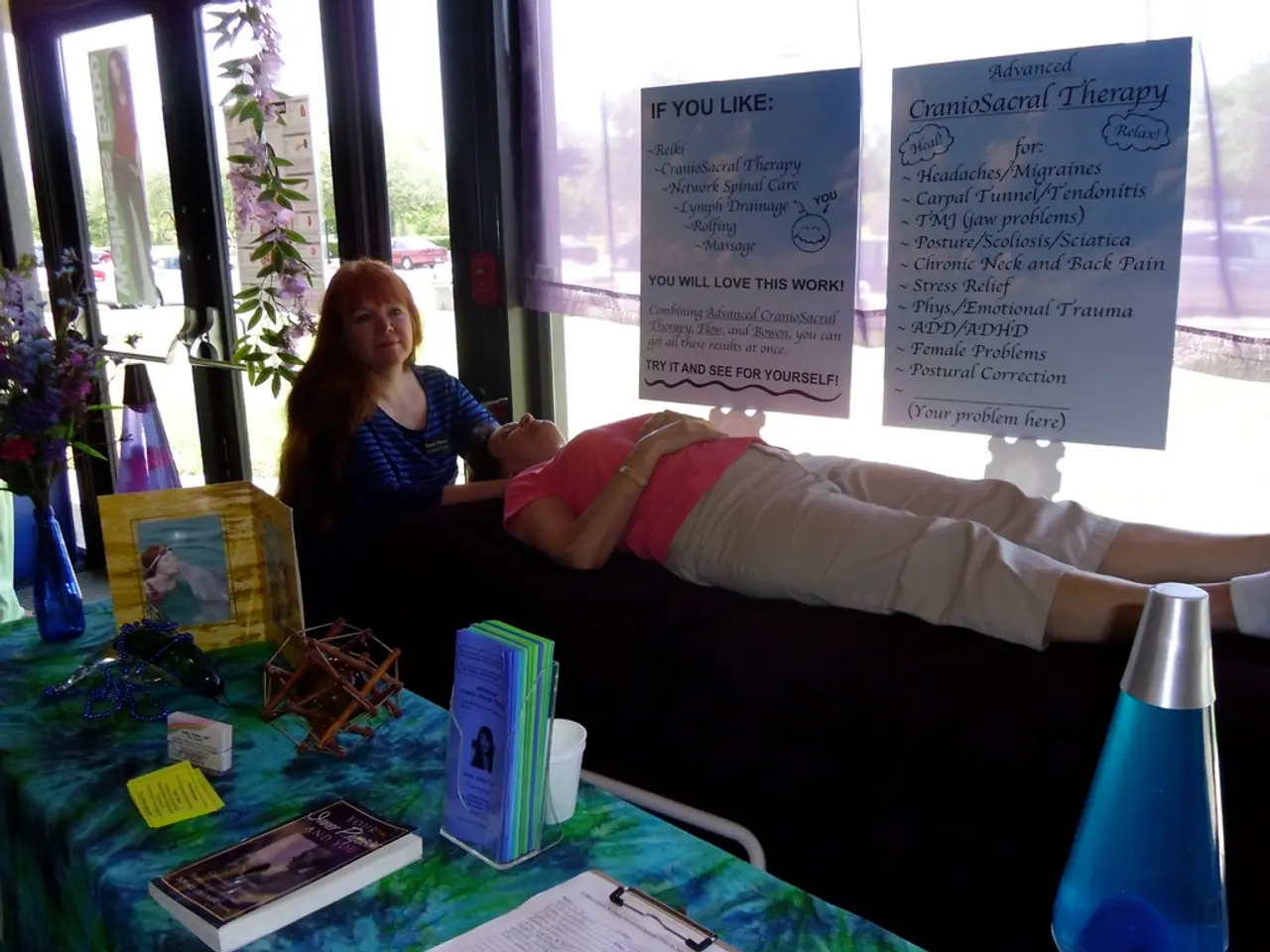Differences Between Complex PTSD and Regular PTSD
Complex Post-Traumatic Stress Disorder (Complex PTSD) is a condition that affects individuals who have endured prolonged or repeated trauma, often beginning in childhood. This condition, different from standard PTSD, presents unique challenges and symptoms that require specialized treatment and understanding.
Unique Symptoms of Complex PTSD
Complex PTSD symptoms often include emotional dysregulation, characterized by intense mood swings, difficulty calming down after stress, and emotional numbness alternating with overwhelming feelings. Individuals with Complex PTSD may also struggle with a negative self-concept, experiencing persistent feelings of shame, worthlessness, and guilt. Deep-seated beliefs of being "broken" or undeserving of love are common, as is the loss of previous self-beliefs.
Interpersonal difficulties are another hallmark of Complex PTSD. Struggles with trust, fear of abandonment combined with fear of intimacy, unstable or chaotic relationships, social isolation, and difficulty maintaining boundaries are common. Some individuals may experience dissociation, feeling disconnected from their body or environment, while others may lose chunks of time especially under stress.
Somatic symptoms such as chronic pain, headaches, gastrointestinal problems, sleep disturbances, and heightened stress responses are also common. In some cases, there may be a distorted perception of the perpetrator, with preoccupation or confusing feelings towards the abuser.
Treatment for Complex PTSD
Healing from complex trauma requires patience, commitment, consistent support, and active engagement with trusted therapeutic interventions over time. Trauma-Focused Cognitive Behavioral Therapy (TF-CBT) provides structured techniques that challenge unhelpful beliefs and encourage healthier emotional and behavioral responses over time. Eye Movement Desensitization and Reprocessing (EMDR) is frequently used in therapy for Complex PTSD to process traumatic memories and reduce distressing emotional and physical reactions.
Effective treatment for Complex PTSD often integrates emotional regulation skills training to improve stability and reduce the intensity of mood changes. Boundary-setting strategies are essential in therapy for Complex PTSD, empowering individuals to protect their wellbeing and foster safer, more supportive personal relationships. Rebuilding self-worth becomes a central therapeutic focus in treating Complex PTSD, enabling individuals to cultivate resilience and confidence.
The Long Road to Recovery
Treatment for Complex PTSD often requires extended timeframes due to deeply ingrained emotional and behavioral coping patterns. Persistent emotional exhaustion can make daily tasks feel overwhelming, despite determined and continuous effort. Learning coping strategies allows individuals with Complex PTSD to reconnect with themselves and their environments gradually.
With time and support, individuals with Complex PTSD can rebuild a stronger sense of self and belonging. Acknowledging these adaptations can help reduce shame and encourage seeking therapeutic intervention. Understanding these symptoms is crucial for fostering empathy and effective professional trauma support for individuals with Complex PTSD.
[1] Herman, J. L. (1992). Trauma and Recovery: The Aftermath of Violence—From Domestic Abuse to Political Terror. Basic Books. [2] van der Kolk, B. A. (1989). The compulsion to repeat the trauma: Re-enactment, revictimization, and masochism. Psychiatric Clinics of North America, 12(2), 285-300. [3] van der Hart, O., & Brown, D. W. (2006). Complex PTSD: A Transdiagnostic Approach to Children and Adults. Guilford Press. [4] Courtois, C. A., & Ford, J. D. (2015). Healing the Incest Wound: Adult Survivors in Therapy. Routledge. [5] Dallos, R., & Fosse, S. (2011). Complex Trauma, Complex Therapy: A Relational Approach to Understanding and Treating Trauma Syndromes. Routledge.
Mental health professionals often utilize evidence-based therapies and treatments, such as Trauma-Focused Cognitive Behavioral Therapy (TF-CBT) and Eye Movement Desensitization and Reprocessing (EMDR), to address the unique mental health challenges associated with Complex PTSD. Effective treatment for Complex PTSD also incorporates skill-building in areas like emotional regulation, boundary-setting, and rebuilding self-worth, which are vital components of health-and-wellness for individuals recovering from traumatic experiences.




